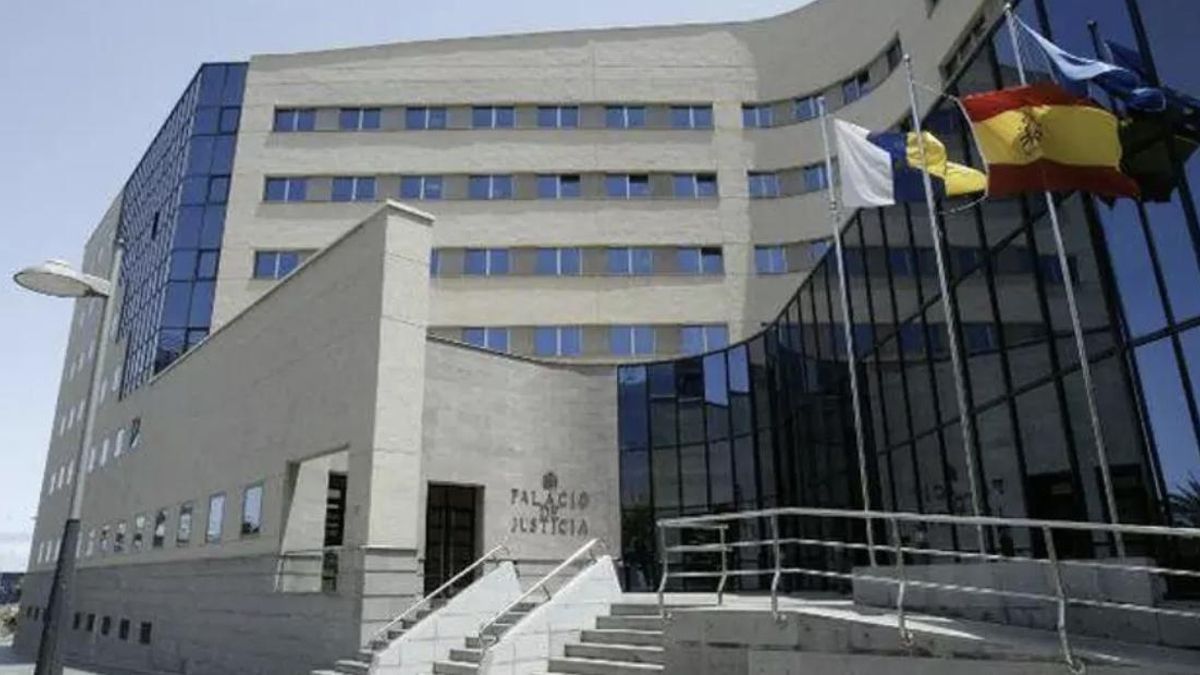
The Provincial Court of Santa Cruz de Tenerife has sentenced a man for fraud to return €105,000 he received in 2007 from a Russian couple as an advance for the purchase of two duplexes and two parking spaces in the town of Fañabé in Adeje, and to serve one month in prison.
In imposing the sentence, the mitigating factor of undue delays was taken into account, as accepted by the Public Prosecutor’s Office.
The man was acting as an intermediary in the sale of properties for a commercial entity, without any written or verbal power of attorney to act on its behalf or the authority to bind it in the sale of the homes.
At the time of the events, the development was under construction, so the victims advanced money that the accused incorporated into his assets, “knowing that he was not going to sell any apartments and apparently acting in the name of the entity.” In this way, he closed the sale of two duplexes with two parking spaces, each priced at €275,600, of which the accused received at least €105,000.
The accused stated in court that although the clients gave him the money, he then sent it to the company he supposedly represented, a version that the court found “is not sustained” as it was proven that the complainants could never access the homes.
The Court considers that the destination of these amounts is unknown, beyond the certainty that they remained in the hands of the accused.
The documents provided during the judicial proceedings demonstrate the delivery of the amounts without any evidence that they subsequently reached the developer.
“Therefore, it is obvious that he appropriated the money received, making the buyers believe that it was an advance for the payment of the agreed apartments,” states the ruling.
Despite the contracts being signed at the construction site, the accused was not authorised to do so on behalf of the entity, and a scribble that appears to be the administrator’s signature is present on them.
Another argument from the accused is that he could not provide evidence because access to the documentation was denied upon his arrest, and that he sent the money to the administrator’s son, to another client with whom he had debts, or for advertising.
He claimed to have sold 99 homes, of which 19 were registered, and that in all cases, contracts were signed at the site and the clients were always Russian citizens, as is the case in this matter.
The administrator stated that the accused worked on commission but did not have the authority to sign contracts, and therefore had to take them to the office accompanied by a lawyer who was responsible for these tasks.
Regarding his son, he indicated that he was a labourer and lacked any power of representation, confirming that no cash payments were ever taken, only transfers, and there are no records related to this case.
The complainants declared that each duplex cost €270,000, that they paid the amounts stated in the agreements, they never met the administrator, they never received the keys to the apartments but to another one that they had to return, and in which they installed a jacuzzi.
This same method of operation is said to have been carried out on four other occasions in the same development.
The private prosecution representing the defrauded couple requested six years in prison and the return of €348,000.
















